12 Biggest Environmental Problems of 2024
Nature WorldWide September 16, 2024 0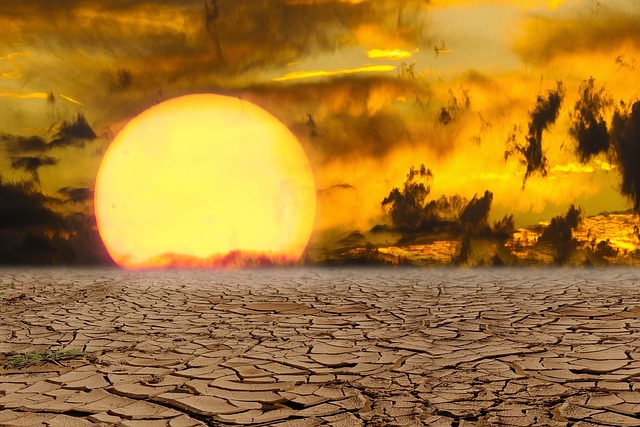
Biggest Environmental Problems
As we move further into 2024, the world faces environmental Problems that grow more urgent by the day. Our planet shows signs of strain, from rising temperatures to depleted natural resources. This post outlines the 12 biggest environmental problems of 2024 and why they demand immediate attention.
Top Biggest Environmental Problems
1. Climate Change
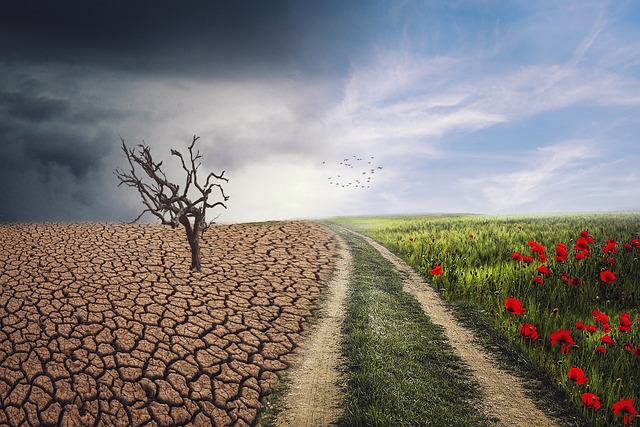
The impacts of climate change have intensified, with 2024 continuing to see more severe and frequent natural disasters. Prolonged droughts, wildfires, heat waves, and stronger hurricanes are becoming the new norm. Global temperatures are rising due to the burning of Fossil Fuels, leading to polar ice melt, rising sea levels, and disrupted ecosystems. Immediate reduction in greenhouse gas emissions is crucial to prevent irreversible damage.
Read More: 10 Easy Ways You Can Help Our Environment
2. Biodiversity Loss
Earth’s biodiversity is under severe threat. Habitat destruction from deforestation, industrial expansion, and agricultural activities has pushed numerous species to the brink of extinction. The loss of pollinators like bees, vital for crop production, further exacerbates the crisis. In 2024, the call to preserve ecosystems and protect endangered species has become more urgent than ever.

A reduction in the biodiversity of the world means, in simple terms, that the human race would not be able to continue in the same way. The animal and plant kingdoms are interconnected in such a complex myriad of ways that there’s not always an immediately obvious link between two species that rely on each other to survive.
3. Deforestation
Rampant deforestation, especially in rainforests like the Amazon, continues to drive biodiversity loss, soil erosion, and carbon emissions. Forests act as carbon sinks, absorbing large amounts of CO2, and their destruction accelerates global warming. In 2024, illegal logging, agricultural expansion, and urban sprawl still threaten the world’s forests.

Removing these trees doesn’t just destroy ecosystems and disrupt the fragility of nature, either. Trees are at the heart of the livelihood and business of many Indigenous peoples, and deforestation ravages these communities and drives them further from their homes and families.
Read More: Easy Ways You Can Help Our Environment
4. Ocean Pollution
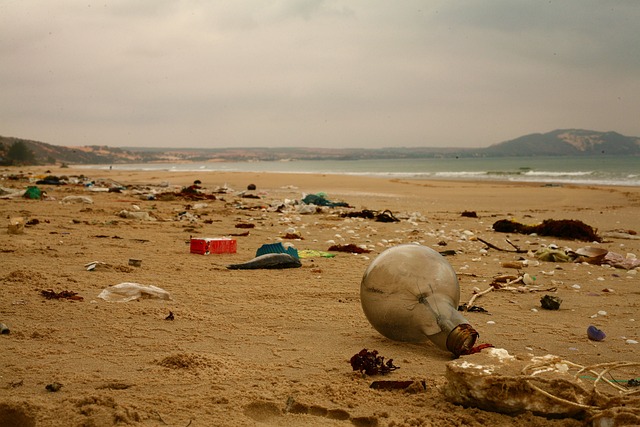
The oceans, which cover over 70% of Earth’s surface, face a growing pollution crisis. Plastic waste has formed massive garbage patches in the seas, harming marine life and entering the food chain. Oil spills, toxic waste, and untreated sewage further degrade the health of marine ecosystems. By 2024, addressing ocean pollution has become a critical global challenge.
5. Air Pollution
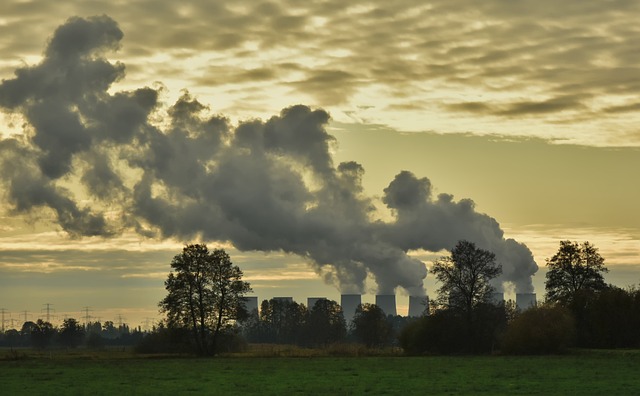
Air Pollution remains a leading cause of health issues, causing millions of premature deaths annually. In cities across the world, high levels of pollutants from vehicles, industrial activity, and energy production degrade air quality. 2024 sees more nations pushing for cleaner energy and transportation solutions to combat this ongoing issue.
Read More: Human Impact on the Environment
6. Water Scarcity

Water scarcity has worsened as climate change disrupts precipitation patterns, and population growth increases demand. Many regions now face dwindling freshwater supplies, affecting agriculture, sanitation, and access to drinking water. In 2024, nations must work together to create sustainable water management practices and technologies to address this growing concern.
7. Overpopulation and Resource Depletion

The Global Population continues to rise, putting immense pressure on natural resources. Overconsumption of minerals, fossil fuels, and freshwater leads to resource depletion, which in turn impacts food security, water availability, and energy supplies. In 2024, the need for sustainable consumption and resource management has never been clearer.
Read More: Effect Of Climate Change On Earth
8. Plastic Pollution

Despite growing awareness, plastic pollution remains a massive environmental issue. Single-use plastics, packaging waste, and microplastics have infiltrated almost every ecosystem on the planet, from the deepest oceans to the highest mountains. In 2024, finding alternatives to plastic and improving recycling systems are crucial steps to address this crisis.
9. Soil Degradation

Intensive farming practices, deforestation, and pollution have led to widespread Soil Degradation, reducing the land’s ability to support agriculture. Erosion, nutrient depletion, and chemical contamination threaten food security. In 2024, sustainable farming methods and land restoration efforts are vital for long-term agricultural success.
Read More: The Impact of Climate Change on Ecosystems: A Call to Action
10. Ocean Acidification
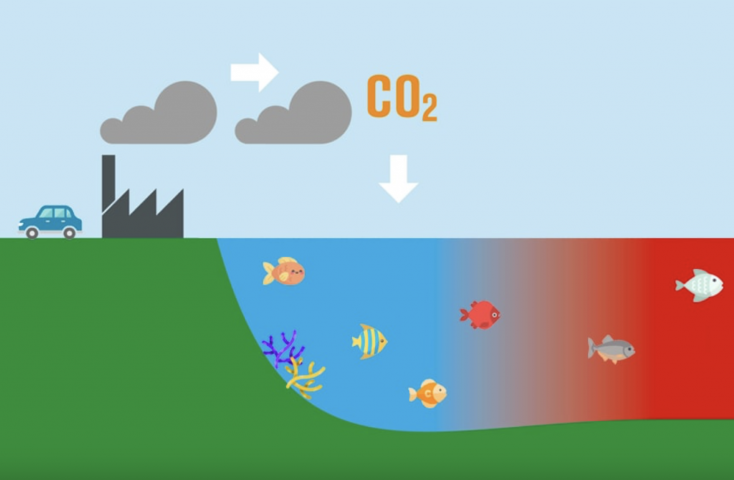
The oceans absorb large amounts of CO2 from the atmosphere, which lowers their pH and causes ocean acidification. This process harms marine life, particularly organisms with calcium carbonate shells like corals and some plankton species. In 2024, ocean acidification continues to disrupt marine ecosystems, contributing to coral bleaching and biodiversity loss.
11. Waste Management

Improper waste management, especially in urban areas, creates massive environmental hazards. Overflowing landfills, inadequate recycling systems, and poor handling of hazardous waste contaminate land and water sources. In 2024, waste reduction and developing circular economies are essential to mitigate these growing problems.
Read More: How will climate change affect wildlife?
12. Food Insecurity
Climate Change, soil degradation, and water scarcity all contribute to food insecurity, which affects millions worldwide. Extreme weather events and shifting climate patterns reduce crop yields, while unsustainable agricultural practices worsen the situation. By 2024, developing resilient food systems and investing in sustainable agriculture will be key to solving global hunger.
Conclusion
The environmental problems of 2024 present complex challenges that require immediate action on a global scale. Climate change, pollution, biodiversity loss, and resource depletion threaten the delicate balance of ecosystems and human well-being. While these problems may seem overwhelming, solutions exist. Governments, businesses, and individuals must unite to adopt sustainable practices, reduce carbon footprints, and protect our planet for future generations. The time to act is now. Let’s work together to create a more sustainable and environmentally conscious future!




